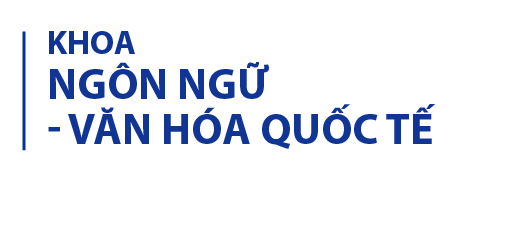STESOL Webinar Series 2020 #02
STESOL Webinar Series 2020 #02
PRESENTATION ABSTRACT
Role of Motivation and Creativity in Second Language Acquisition Process
From my experience, the most frequently asked questions concerning TEFL usually cover the topics of teaching methods, nature of teachers (native, non-native foreigners or Vietnamese), learning environment, textbooks, classroom equipment or tuition fees. The assumption seems to be that TEFL resembles a computer program or an intricate engine and it is necessary to set up correct conditions and use correct “fuel” in order for the system to start turning A0 speakers into fluent users of the English language as quickly as possible. This equation, however, does not factor in the human aspect personified by the teacher and the learner. Motivation is a crucial element influencing all learning processes. If the learner lacks motivation, it is virtually impossible to teach them anything. There are no good or bad students, only the well or poorly motivated ones. Teachers can become professional by experience but even on their end, appropriate motivation makes their job performance better. It could be claimed that a teacher is as good as he/she is able to awaken motivation in his/her pupils.
Motivation can be divided into 4 basic categories with 2 binary pairs. Positive x negative, internal x external. Unfortunately, education systems around the world (and in Vietnam in particular) tend to rely heavily on negative external motivation eliciting fear i.e. “If you do not do A, a negative consequence will come.” Studies have shown that fear in fact flattens the learning curve. Positive external motivation is a small step up i.e. “If you do B, a positive consequence will come.” However, a good teacher should strive for eliciting positive internal motivation i.e. “I want to do A because I myself can see the positive consequence ahead of me.”
According to Gardner and Lambert (1972), there are two types of positive internal motivation in language acquisition – integrative and instrumental. Integrative stands for the desire to learn a language in order to communicate with people from another culture and instrumental refers to the desire to learn a foreign language because it would fulfil certain positive goals such as getting a job.
Being a good teacher therefore means, besides having a good grasp of the subject and the ability to explain it comprehensibly, to be able to elicit some kind of positive internal motivation in students who have not found it yet and maintain it in the students who have already discovered it.
VIDEO
SPEAKER’S BIO
I am an experienced multi-lingual professional with a profound cross-cultural understanding of Vietnam. Besides academic erudition, I have gained practical experience in teaching, consulting, training and project management in an international working environment. Doing an internship at the Czech Embassy, Hanoi, allowed me to look under the hood of the EU Diplomacy in South-East Asia.
My mission is to use my skills to help create a bridge between European and Asian culture and continue with academic research in the field of applied linguistics, psycho- and socio-linguistics as well as Vietnamese culture and history.
FACTULTY OF FOREIGN LANGUAGES



